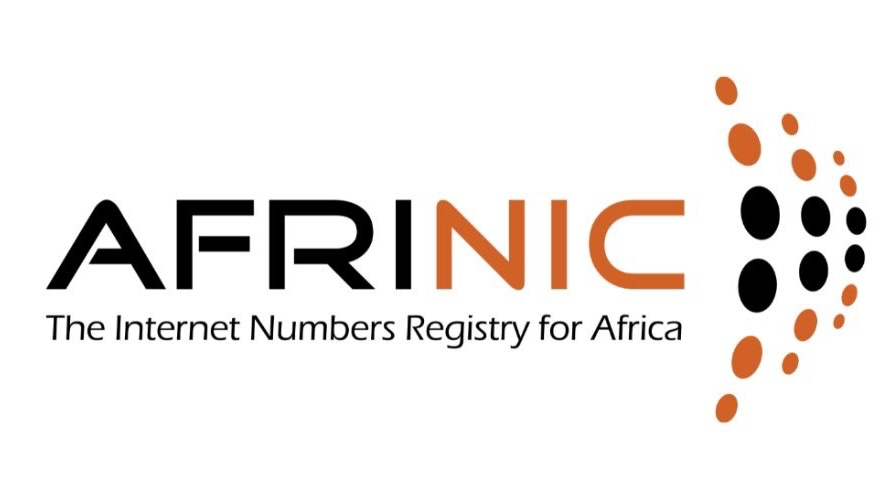- AFRINIC identifies bogus IP registrations through audits and community reports.
- Reclaimed IP addresses are either returned to the pool or reassigned to valid holders.
AFRINIC audit uncovers IP misuse, tightens controls
Regional Internet Registry AFRINIC launched a major audit in 2020 after internal reviews and external reports raised red flags. The audit revealed that roughly 4 million IPv4 addresses had been misclassified in its WHOIS database. About 2.3 million of these were labeled as “legacy” addresses incorrectly, indicating possible misappropriation. Another 1.7 million appeared to have legacy status while being misallocated outside policy guidelines. AFRINIC began a detailed forensic review in collaboration with APNIC. They traced each record back to its origin and contacted suspected holders for validation. Those with undocumented or improper claims saw their allocations flagged for investigation.
By August 2020, AFRINIC had successfully reclaimed around 1 million IPv4 addresses. They returned these to a quarantine pool pending legitimate reallocation. Another 330,000 were reversed after rightful owners stepped forward. The remaining 1.3 million stayed under audit as investigations continued. Investigation steps included WHOIS cross-checks, holder interviews, and validation of acquisition documents. AFRINIC built a dual-layer verification process into its allocation workflows. This meant every future update required more scrutiny and record checks.
Alongside the audit, AFRINIC opened a criminal inquiry through Mauritius police. This included allegations against a former staff member believed to have aided in database manipulation. AFRINIC confirmed that investigations into internal misconduct were ongoing, with no further public details disclosed at the time. Meanwhile, policy reviews began. AFRINIC enhanced its internal workflows for IP allocation, added mandatory proofs of usage, and adopted stricter checks before database entries. These changes aimed to prevent a repeat of legacy misclassification and unauthorized reallocations.
Also read: Timeline of the AFRINIC vs Cloud Innovation Ltd dispute
Also read: AFRINIC elections 2025: Everything you need to know
Ensuring integrity in African IP allocation
AFRINIC’s region includes 54 countries across Africa and the Indian Ocean. IPv4 resources are limited, especially after exhaustion in 2020. Misappropriation of IP blocks threatens fair distribution and undermines trust. By auditing and reclaiming millions of addresses, AFRINIC protects these scarce resources for genuine internet operators. The reclaimed addresses return to the pool for community use under correct policy rules.
The criminal investigation sends a clear message: misusing IP allocations can result in legal consequences. Internal policy reforms reduce errors, close procedural gaps, and improve transparency. This strengthens confidence from governments, ISPs, and global internet authorities like ICANN. AFRINIC’s actions also set a baseline for other Regional Internet Registries facing similar legacy or misuse challenges. Africa’s internet growth relies on clear and accurate IP distribution. By rooting out bogus registrations, AFRINIC supports stable network growth and builds trust across its member base.

